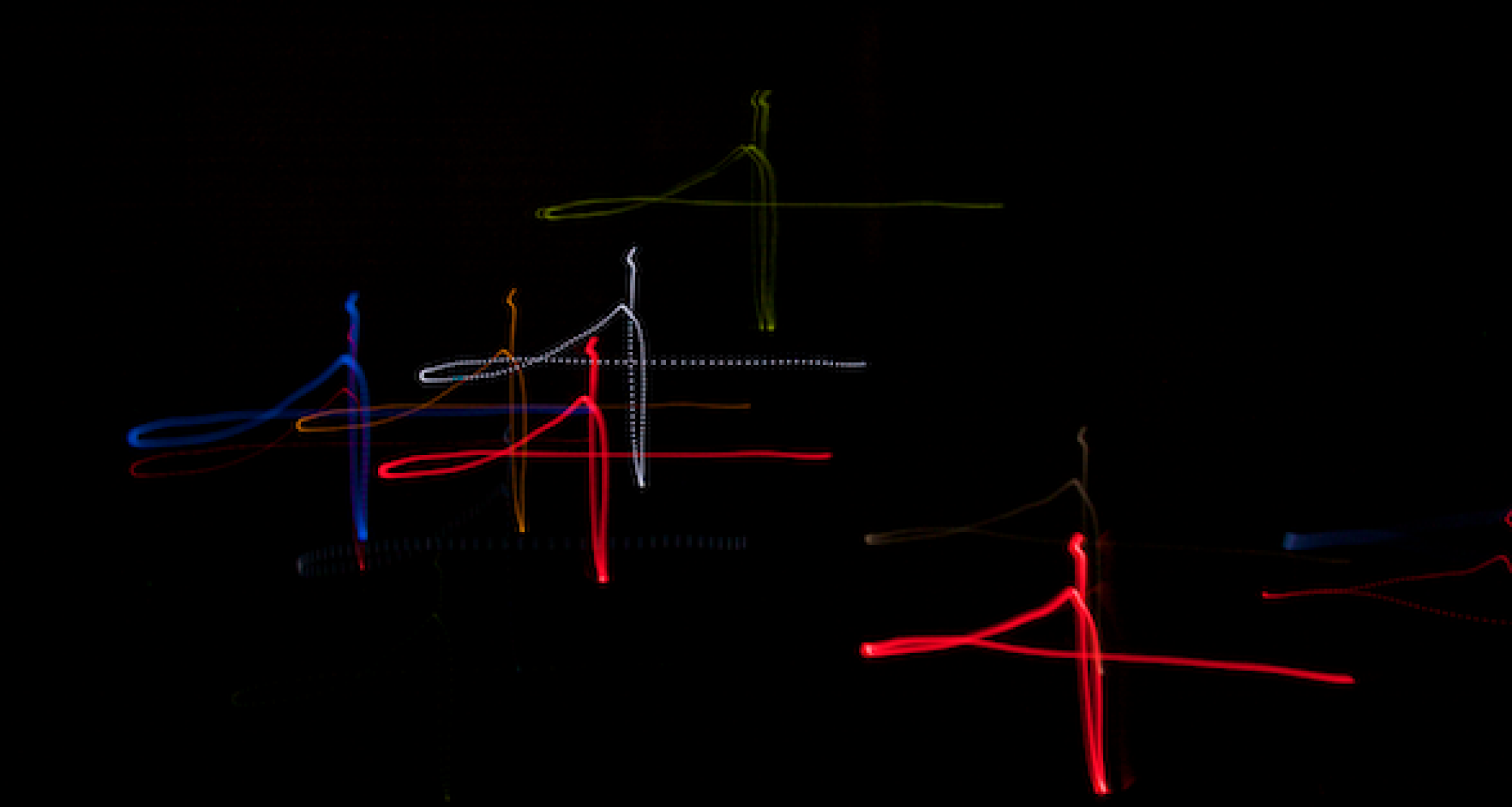A paradox is a statement or situation that appears to be contradictory or absurd, but may actually be true or have a valid explanation. It often challenges common sense or logic, creating a sense of confusion or irony.
Interesting facts about paradoxes:
1. The word “paradox” comes from the Greek words “para” meaning “contrary to” and “doxa” meaning “opinion” or “belief.”
2. Paradoxes have been used in literature, philosophy, and mathematics for centuries to provoke thought and stimulate intellectual discussions.
3. One famous paradox is the “liar paradox,” which states, “This statement is false.” If the statement is true, then it must be false, but if it is false, then it must be true, creating a contradiction.
4. Paradoxes often challenge our understanding of reality and can lead to new insights or discoveries.
5. Paradoxes can be found in various fields, including physics, where concepts like wave-particle duality and the grandfather paradox in time travel present intriguing contradictions.
